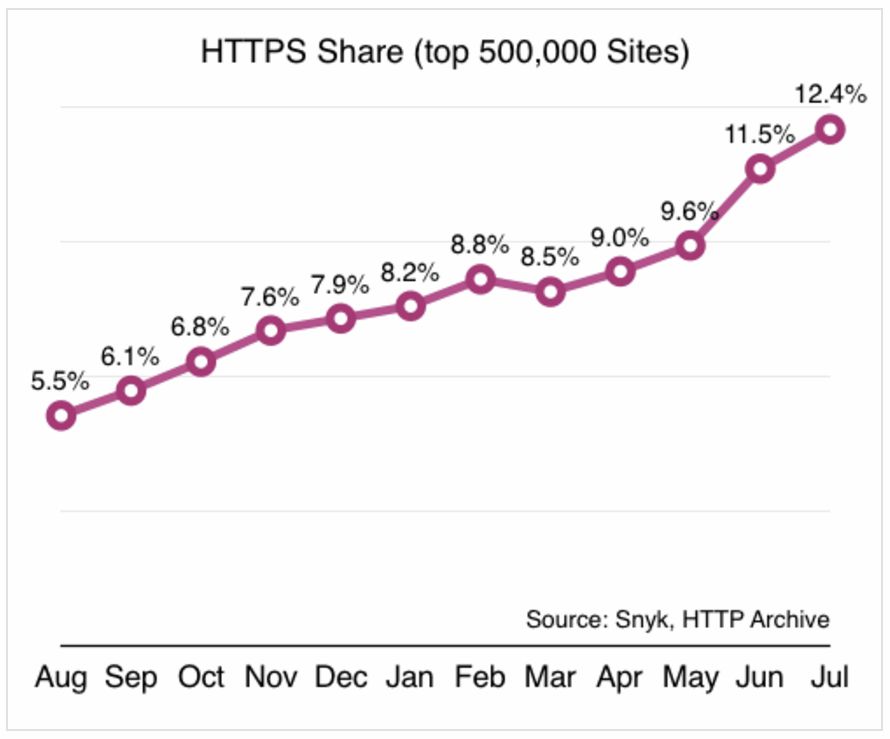🔐 What Is SSL and Why It Matters
SSL certificates are no longer optional. For years, securing your website meant spending hundreds of dollars annually. That changed when Let’s Encrypt, a nonprofit backed by the Linux Foundation, launched on April 12, 2016.
Since then, the number of SSL-enabled websites has more than doubled. In fact, in just one year, more sites added SSL than in the previous 20 years combined. That momentum continues as awareness and ease of use grow.
Initially Linux-only, Let’s Encrypt now supports Windows, Azure and many shared hosting platforms. Some hosting providers (like DreamHost) even include SSL by default.

✅ Why You Should Enable SSL Right Now
1. 🔒 End-to-End Encryption
SSL encrypts all communication between the user and your site. This means no one snooping on the network can see what users are doing. Since data travels through many routers and nodes, encryption keeps everyone safe even if one of those points is compromised.
2. 🧾 Authenticity and Trust
An SSL certificate verifies that your site is owned and maintained by a legitimate person or organization. This helps you earn user trust faster and prevents impersonation or phishing.
3. 🛠️ You Can Set It Up Yourself
In the past, self-signed certificates were considered insecure. They were not trusted by browsers unless signed by a certificate authority. With Let’s Encrypt, this step is simplified and automated. Most setups can renew certificates automatically, set it and forget it.
4. 💸 It’s Completely Free
SSL used to be expensive and complex. Now it is free and simple. If you are using a modern hosting provider, they may already support it. If not, visit letsencrypt.org to learn how to install and manage certificates manually.
💡 Bonus Tip: Donate If You Benefit
Let’s Encrypt does not charge a penny but they still have operational costs. If it helps you secure your site or save on hosting expenses, consider giving back:
👉 Donate here
🐳 Docker and SSL: A Perfect Match
If you are running your applications inside Docker, there are tools like Certbot or Traefik that make managing SSL within containers seamless. Traefik, in particular, can automatically request and renew Let’s Encrypt certificates as your containers spin up.
This means you can have fully automated HTTPS without manual intervention, ideal for modern microservices and scalable infrastructure.
🧩 Final Word
Security should never be an afterthought. Let’s Encrypt makes SSL easy, automatic and free. Whether you run a blog, a startup or a large-scale service, encrypting your site is now the standard, not an upgrade. Take five minutes today and join the secure web.